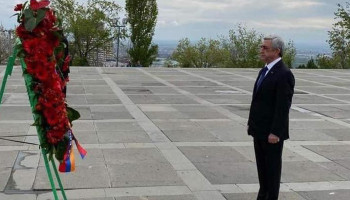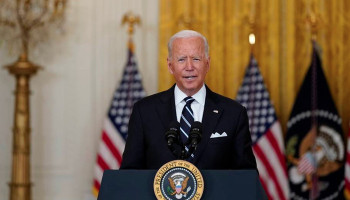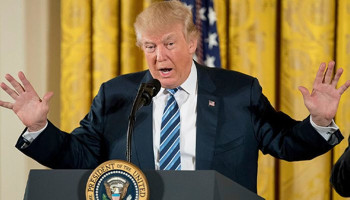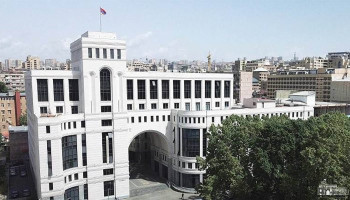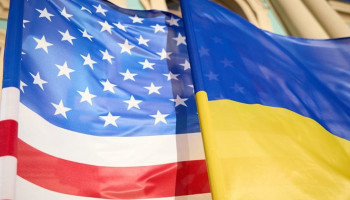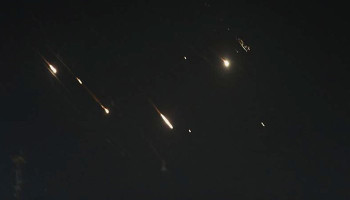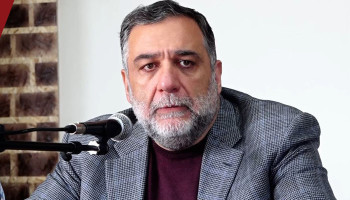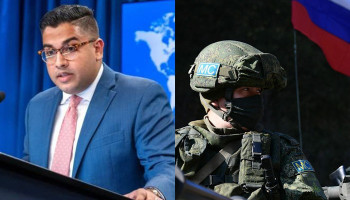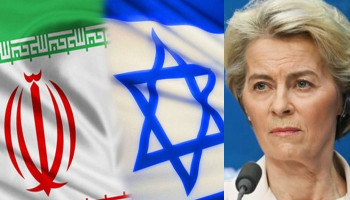EU set to suspend visa travel agreement with Russia
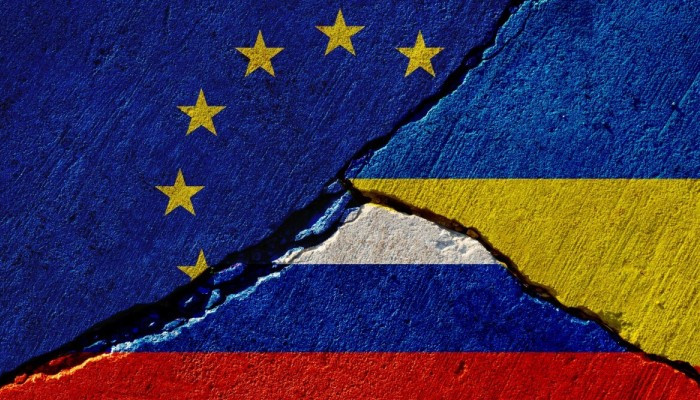 EU foreign ministers are this week set to back a suspension of the bloc’s visa facilitation agreement with Moscow in an effort to curb the number of travel permits issued after some eastern member states threatened to unilaterally close their borders to Russian tourists. Some countries have demanded collective action to stop ordinary Russians from travelling to the EU on tourist visas, in the latest challenge for the bloc as it tries to punish Moscow for its invasion of Ukraine while maintaining unity among its 27 members. Countries including the Czech Republic and Poland stopped issuing visas to Russian tourists shortly after president Vladimir Putin ordered the full-scale invasion of Ukraine in February. They have since demanded that Brussels enact a complete ban, echoing a plea from Ukraine’s president Volodymyr Zelenskyy. But others have continued to grant the travel documents, allowing Russians with visas to travel anywhere in the the Schengen free-movement area. As a first step, ministers plan to give political support to suspending the EU-Russia visa facilitation agreement at a two-day meeting in Prague that begins on Tuesday, three officials involved in the talks told the Financial Times. “It is inappropriate for Russian tourists to stroll in our cities, on our marinas,” said a senior EU official involved in the talks. “We have to send a signal to the Russian population that this war is not OK, it is not acceptable.” Parts of the 2007 deal relating to free movement of government officials and businessmen were suspended in late February. A wider suspension would remove preferential treatment for Russians when applying for all EU visas, requiring more documents, making them more expensive and significantly increasing waiting times. “We are in an exceptional situation and it requires exceptional steps. We want to go beyond suspending the visa facilitation,” said the senior EU official, adding that deeper changes could be introduced by the end of the year. However, there is no consensus on additional measures that Brussels could take that would either reduce the number of EU visas to be issued to Russians or halt their issuance entirely, or on proposals such as extending any ban to citizens of Belarus, which has supported Putin’s invasion. Some countries, including Germany, have cautioned against an outright ban. Josep Borrell, the EU’s chief diplomat who will chair the Prague talks, has said he opposes a ban on all Russian visas, saying the bloc needed to “be more selective”. Finland, Poland and the Baltic countries, which border Russia, have therefore suggested they are prepared to stop allowing Russians with tourist visas to enter their territories, citing the Schengen agreement’s national security exceptions. With air travel between the EU and Russia suspended, many Russian tourists use these countries as a transit route to other EU destinations. Kaja Kallas, prime minister of Estonia, said last week that 30 per cent of Russians travelling to the EU do so via the Baltic state. “I do look forward to finding a joint European solution on how to significantly limit the flows of Russian tourists to Europe,” said Lithuania’s foreign minister Gabrielius Landsbergis, describing a deal among the 27 as “the most sustainable and legally correct one”. But, he added: “If a joint solution is not found, we do not rule out a regional agreement among the countries most affected by the huge flows of Russian tourists abusing European hospitality.” Countries in favour of a full ban on Russians visiting the EU for tourism have said that they do not want a full border closure, and that exceptions must be retained for humanitarian reasons, asylum claims and to allow dissidents of the Putin regime to flee. EU defence ministers, who will meet in Prague on Monday, will also discuss options for a potential training mission for Ukrainian soldiers run by Brussels. The potential training centres, which follow a similar initiative by the UK this summer, would be based in EU countries close to Ukraine, Borrell said last week. |











